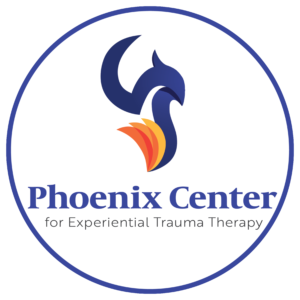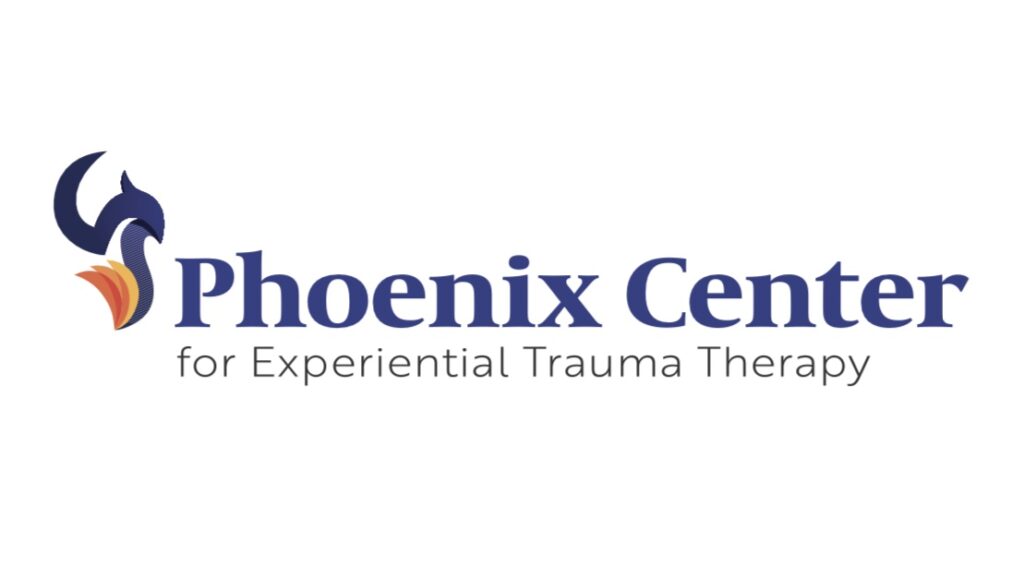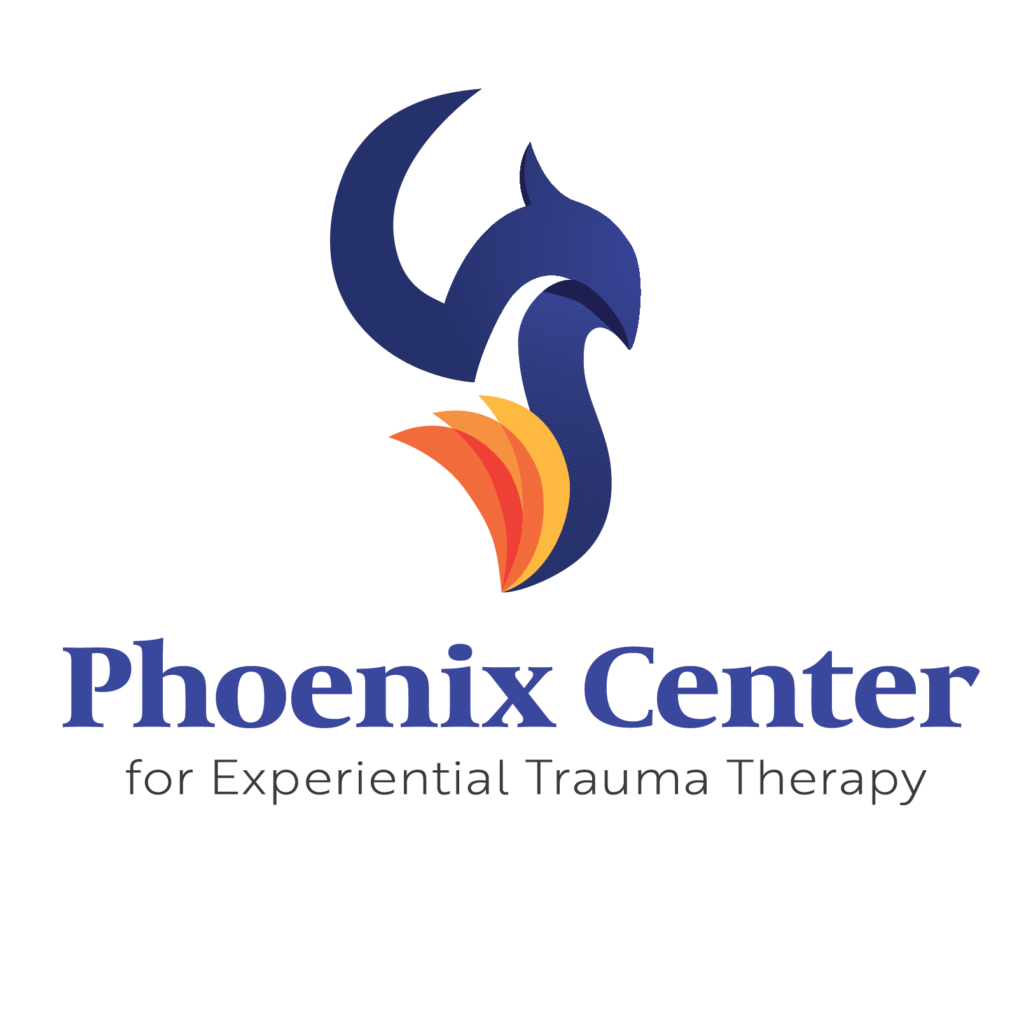Administrative Coordinator Role – 20 hours per week employee – $20-28+/hour
Hybrid Role requiring in-person hours in Media, PA
Part-time, non-benefits eligible role
Future opportunity to transition to full-time hours with benefits (including medical, dental, vision, & 401k).
About the Position
Our growing trauma therapy practice is seeking an efficient, consistent, empathetic, and detail-oriented Administrative Coordinator to join our team. The ideal candidate will have experience in administrative support, strong organizational skills, and the ability to multitask. This position requires a confident professional who can work independently, communicate effectively, and collaborate with others to ensure the smooth functioning of the practice. This position is diverse in its skill requirements including aspects of accounting/billing, marketing, admin, customer service, event planning, and coordinating with our staff.
This is a part-time, non-benefit eligible position (about 20 hours per week) with flexible hours and could likely evolve into full-time hours with benefits in the future (including medical, vision, dental, and 401k). We are seeking a long-term committed professional that we can invest in, train, and welcome as part of our close-knit organization.
As an organization of trauma therapists, we place considerable emphasis on meaningful work relationships, work-life balance, and self-care. As a smaller, growing organization, we are expanding our inner organizational processes and seeking a professional who can actively contribute to our growth with creative ideas. This role is an important part of our team, managing and coordinating many essential organizational tasks and processes. As our organization continues to expand, the responsibilities, leadership, and compensation with this role are likely to also expand.
Below are some of the duties of the Administrative Coordinator:
Administrative and Customer Service
- Answering office phone to schedule intakes and direct callers
- Communicate with potential clients or event attendees via phone/email
- Coordinating office supplies, refills, and managing contractors/maintenance
- Event planning for team events (team dinners/events and open houses)
- Engage in research/information gathering related to new policy changes, market trends, events, and inner organizational processes (such as new platforms, apps, or event ticketing), etc.
- Managing special projects
- Helping to organize other internal processes/policies (handbooks, google folders, templates, IT support calls, etc.).
- Help with intake assessments or other responsibilities as needed based on staffing
Marketing
- Schedule weekly newsletters
- Website content updates
- Create ticketing and add events to website
- Help with online marketing presence and outreach
- Schedule daily social media posts (facebook, instagram, linkedin, youtube)
- Video review/editing support
Accounting and Billing
- Keep track of payments in medical records system
- Double check therapist data input, make sure clients have been charged properly
- Review therapists’ accounting forms regularly (before pay period every 2 weeks)
- Send superbills to clients monthly
- Manage relationships with 3rd party payers – send invoices as needed
Continuing Education (CE) Program administration
- connect with CE event organizers/hosts/trainers
- Ensure submitted CE requests conform to license board requirements
- create evaluation links for events
- create and email participant CE certificates after events
- send letters of completion to trainers after events
- Respond to requests for old CE documentation from attendees
- Support (and eventually manage) CE approval renewal applications – about one per year
Other details:
- Occasional evening and weekend hours
- Other duties as assigned
- Possibility to co-create aspects of the role based on your skills and interests
- Strong commitment to diversity, respect, and inclusion
- Some knowledge of mental health, trauma, and/or substance use preferred
- 2-3 years of experience in an administrative support role, preferably in a healthcare or mental health setting
- Knowledge of electronic health records and practice management software – strong digital skills
- Ability to work independently and prioritize tasks in a fast-paced environment
- Proficiency in Microsoft Office, Google suite, WordPress, facebook, linkedin, instagram, youtube, and constant contact
- Preferred training in confidentiality laws, mandating reporting, and suicide assessment
This is a part-time, non-benefits eligible position with competitive compensation and flexibility. If you are a motivated and experienced administrative professional with a passion for supporting mental health services, we encourage you to apply for this exciting opportunity to join a growing psychotherapy practice.
Please submit your resume and cover letter for consideration to Dr. Scott Giacomucci at Scott@PhoenixTraumaCenter.com.




















